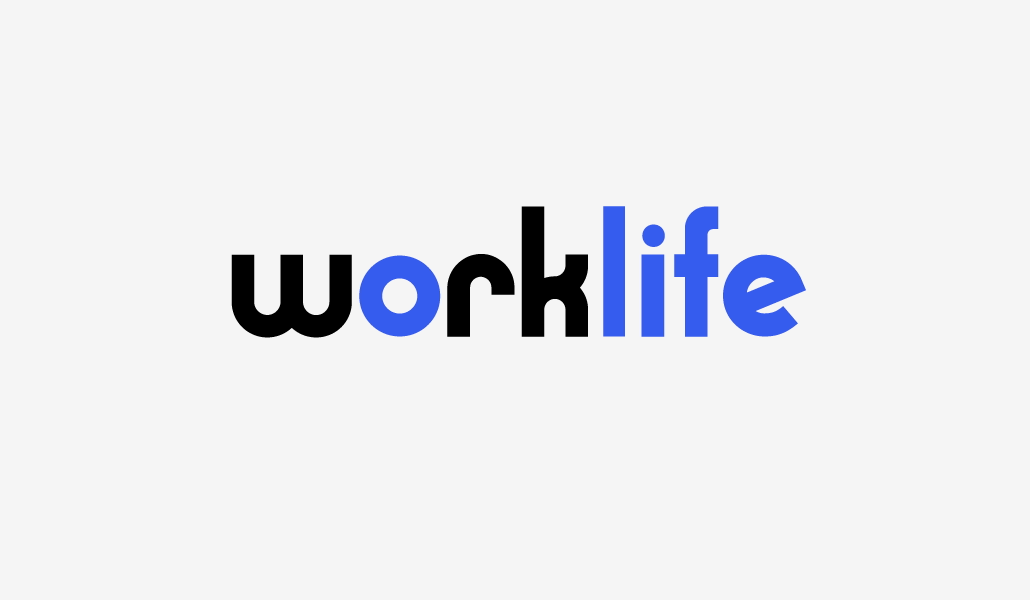
Web3, are you there? Crypto and blockchain startups, three years after being called upon to redesign the future of the web (the “2.0”, based on social networks), are having the greatest difficulty developing and financing themselves. In France, at least. Since the crash of the American exchange platform FTX on November 11, 2022, the sector has continued to lose ground, according to a new study carried out by Invyo for “Les Echos” covering the first half of 2024.
Barely 19 French crypto startups raised funds between January and July, compared to 29 in the same period the year before – which was already at an anemic level – a drop of almost 35%, according to this specialist in data processing and analysis in private equity and venture capital.
Certainly, in the first half of the year, the total amount raised exceeded that of 2023, with 178 million euros, compared to 134 million. But it is boosted by two operations: Zama (67 million euros) and Flowdesk (50 million) – to which we can add Kiln (17 million). All sectors combined, French Tech stagnated at 4.26 billion raised in the first half, according to EY.
A sector too closely linked to the price of bitcoin
With so few funding rounds signed in Web3, this is enough to boost the average ticket to 2.6 million euros in 2024, compared to just under 2 million in 2023. The most active investors in the sector in this first part of the year are Inovexus, Kima Ventures and Sébastien Borget with three deals, followed by Bpifrance, Frst, GSR, IOSG Ventures and StarWare Industries (two deals).
In 2023, Bpifrance alone had supported seven crypto startups, compared to six for Kima and even two for BNP Private Equity. Note that there are only four French funds in the Top 10. From now on, “VCs” only have eyes for artificial intelligence. The crypto sector is also competing with AI on another front: that of servers, some of which are abandoning bitcoin mining in favor of training large language models.
“We have nothing to be ashamed of in our fundraising, but France is clearly going through a lean period,” points out Ivan de Lastours, head of blockchain and crypto at Bpifrance. He has been following Web3 for the public investment bank for seven years, and still talks about a “sector under construction.”
Still very – too much? – linked to the price of bitcoin and other digital currencies, Web3 would contain a number of use cases that fuel the optimism of its players: traceability (there are expectations in terms of ESG), finance (Blackrock opened the ball by tokenizing a fund), and artificial intelligence (blockchain would be a good remedy for fake news on the Internet).
DPP’s hopes for 2027
Better still: the Digital Product Passport (DPP), which is to impose a digital passport for each product marketed in the European Union from 2027, could represent a windfall for European blockchain players. Also, the prospects of easing key rates with the decline in inflation could also give new impetus to venture capital funds.
In the meantime, some VCs are taking the opposite path. XAnge thus discreetly ended its Web3 Digital Ownership fund this summer, according to Sifted. According to our information, it raised less than half of the €80 million targeted and has not finalized any ticket in Web3 in two years. The existing fund should be diluted in a larger fund (XAnge 5) from 2025.
Fundraising, analysis, key figures…
To not miss any news from French Tech and start-ups, subscribe to our newsletter > Subscribe








